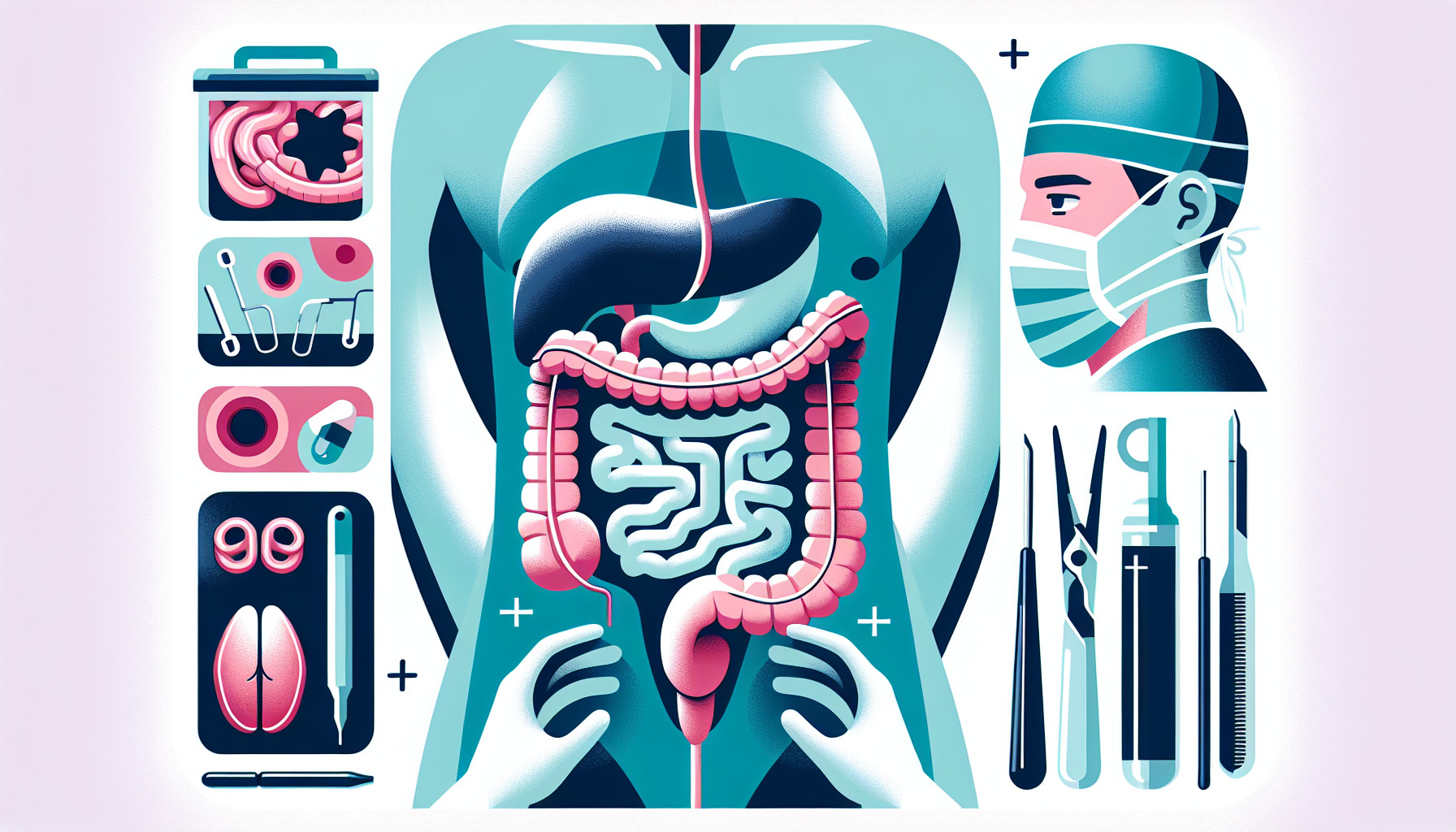Our Summary
In patients who experience irreversible intestine failure, an intestine transplant can be a standard treatment. However, the transplanted intestine can sometimes fail due to the body’s immune system rejecting it. Despite using drugs to suppress the immune system, some patients still experience this rejection. In this study, researchers looked at two alternative treatments to deal with this rejection: extracorporeal photopheresis (ECP) and extracellular vesicles derived from a type of stem cell (EVs).
In the study, they looked at patients who had received intestine transplants and were treated with either just ECP, or both ECP and EVs, between 2016 and 2022. They looked at different factors, like the patients’ demographics, how their bodies responded to the treatment, and how they were doing after the treatment.
Four patients were treated with ECP and/or EVs: three patients who were experiencing acute rejection (that is, rejection that happened very soon after the transplant) and one patient who was experiencing chronic rejection and inflammation. The treatments were given over a period of time, and the patients’ immune suppressing medications were adjusted as well.
The results showed that all patients saw an improvement in symptoms of rejection over a period of 12 to 16 weeks, and their inflammation markers decreased significantly. There were also no complications from the treatments.
In simple terms, ECP and EVs could be promising treatments for patients who are experiencing rejection after an intestine transplant. More research is needed to find the best way to use these treatments.
FAQs
- What is an intestine transplant and why might it fail?
- What are the alternative treatments for intestine transplant rejection mentioned in the study?
- What were the findings of the study on the use of ECP and EVs for treating intestine transplant rejection?
Doctor’s Tip
It is important for patients who have received an intestinal transplant to closely follow their doctor’s instructions regarding medication and follow-up appointments. It is also important to maintain a healthy lifestyle, including a balanced diet and regular exercise, to support the success of the transplant. If you experience any symptoms of rejection or other complications, it is important to contact your healthcare provider immediately.
Suitable For
Typically, patients who are recommended for an intestinal transplant are those who have irreversible intestine failure, often due to conditions such as short bowel syndrome, inflammatory bowel disease, or intestinal ischemia. These patients may have tried other treatments without success, and a transplant is seen as a last resort to improve their quality of life and overall health. Additionally, patients who have experienced rejection of a transplanted intestine and are not responding well to traditional immune-suppressing medications may be recommended for alternative treatments such as extracorporeal photopheresis (ECP) and extracellular vesicles (EVs).
Timeline
Overall, the timeline for a patient before and after an intestinal transplant may look like this:
Before transplant:
- Patient experiences irreversible intestine failure and is determined to be a candidate for intestinal transplant.
- Patient undergoes evaluation and screening to determine eligibility for transplant.
- Patient is placed on a waiting list for a suitable donor intestine.
After transplant:
- Patient undergoes intestinal transplant surgery.
- Patient is closely monitored for signs of rejection and infection post-transplant.
- Patient is prescribed immunosuppressant medications to prevent rejection.
- Patient undergoes regular follow-up appointments and monitoring to assess the success of the transplant.
- If rejection occurs despite medication, alternative treatments such as ECP and EVs may be considered.
It is important to note that each patient’s experience with intestinal transplant and post-transplant care may vary, and close collaboration with healthcare providers is essential for successful outcomes.
What to Ask Your Doctor
Some questions a patient should ask their doctor about intestinal transplant and potential treatments for rejection include:
- What are the potential risks and benefits of undergoing an intestinal transplant?
- How likely is rejection to occur after an intestinal transplant?
- What are the current standard treatments for rejection after an intestinal transplant?
- What is extracorporeal photopheresis (ECP) and how does it work in treating rejection?
- What are extracellular vesicles (EVs) and how do they differ from other treatments for rejection?
- What are the potential side effects of ECP and EVs?
- How long do patients typically need to undergo treatment with ECP and/or EVs?
- How will my immune suppressing medications be adjusted during treatment with ECP and/or EVs?
- What are the expected outcomes for patients who undergo treatment with ECP and/or EVs?
- Are there any ongoing clinical trials or research studies investigating the use of ECP and EVs in treating rejection after intestinal transplant?
Reference
Authors: Levitte S, Nilkant R, Jensen AR, Zhang KY. Journal: Hum Immunol. 2024 Nov;85(6):111160. doi: 10.1016/j.humimm.2024.111160. Epub 2024 Oct 30. PMID: 39471538
